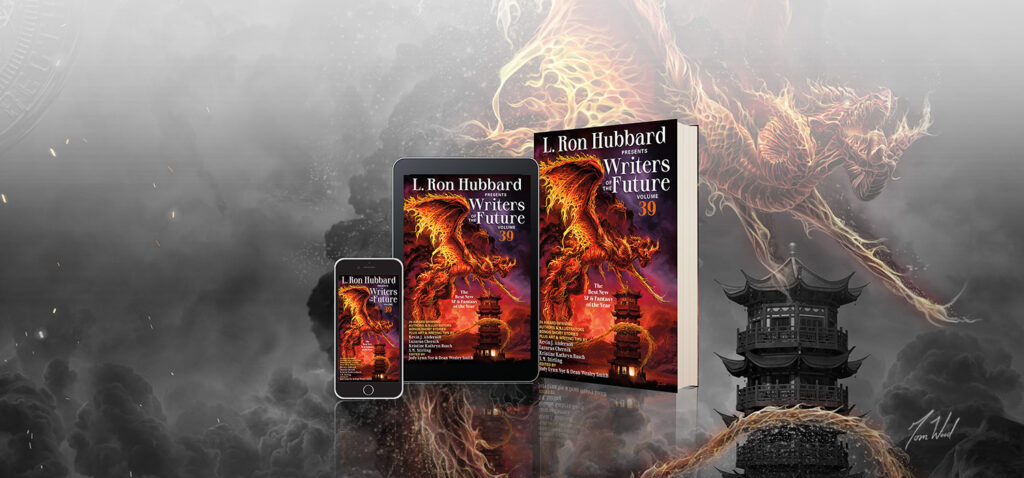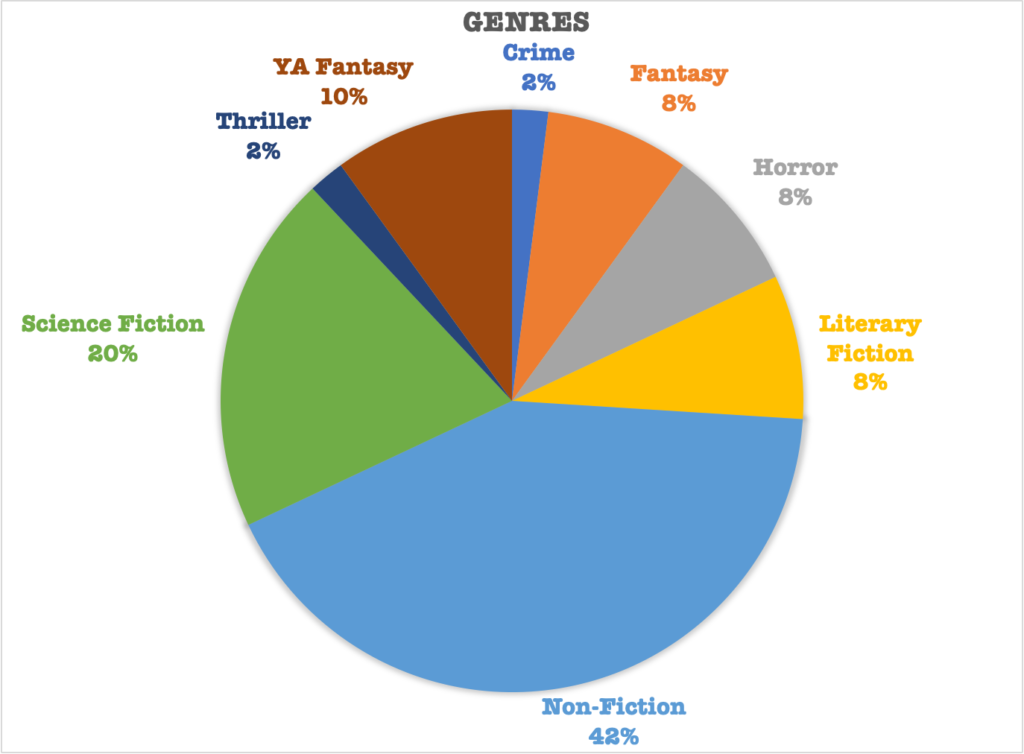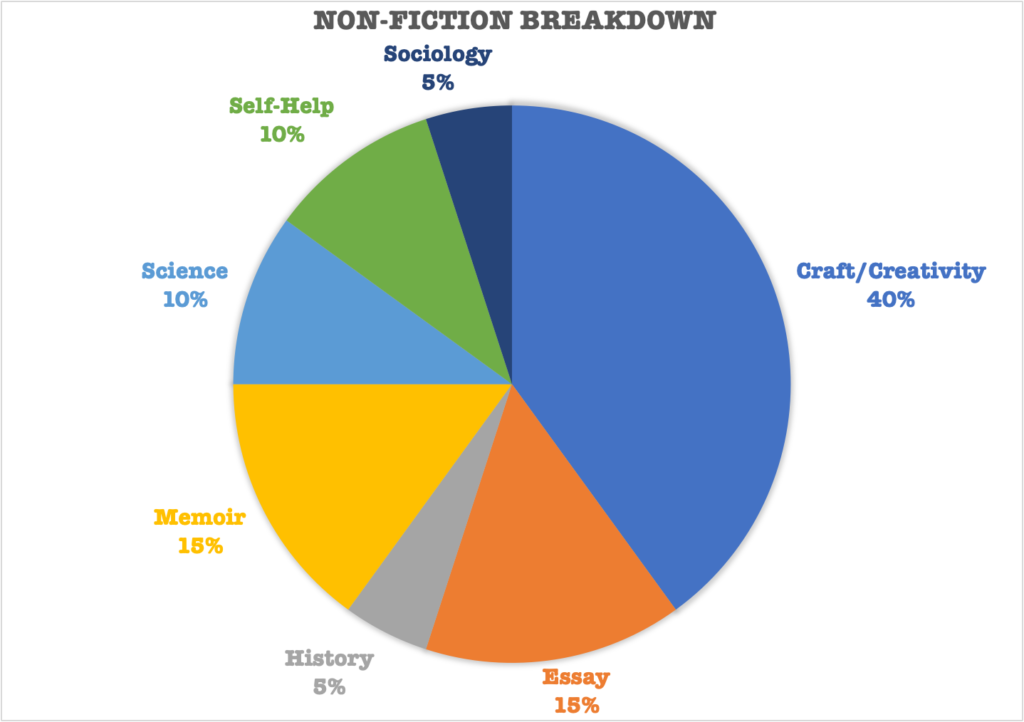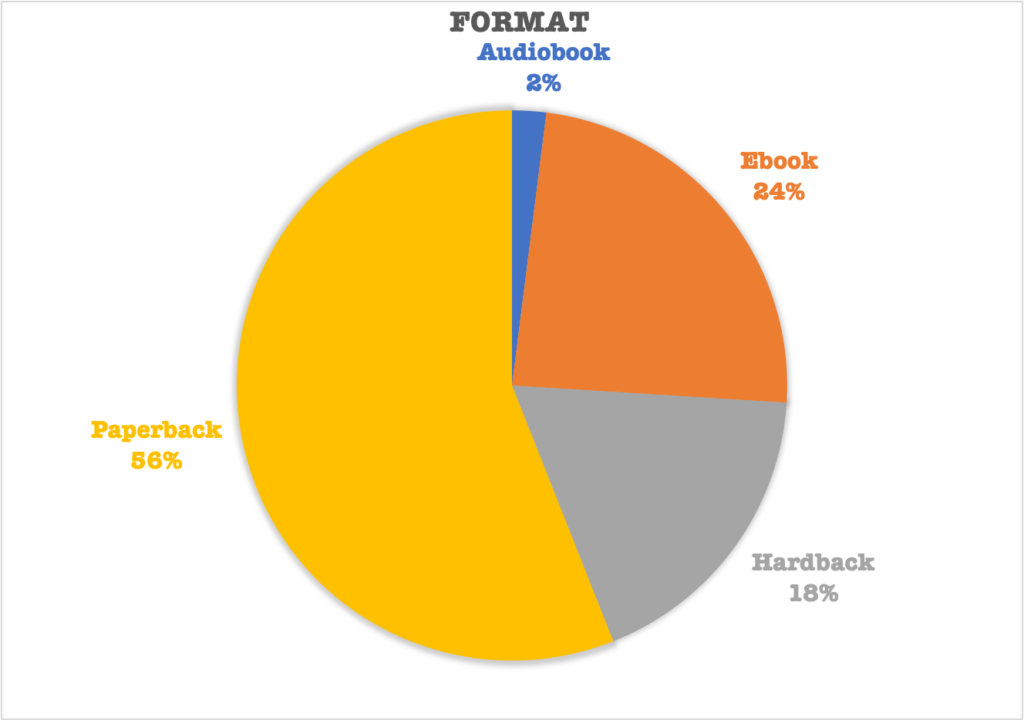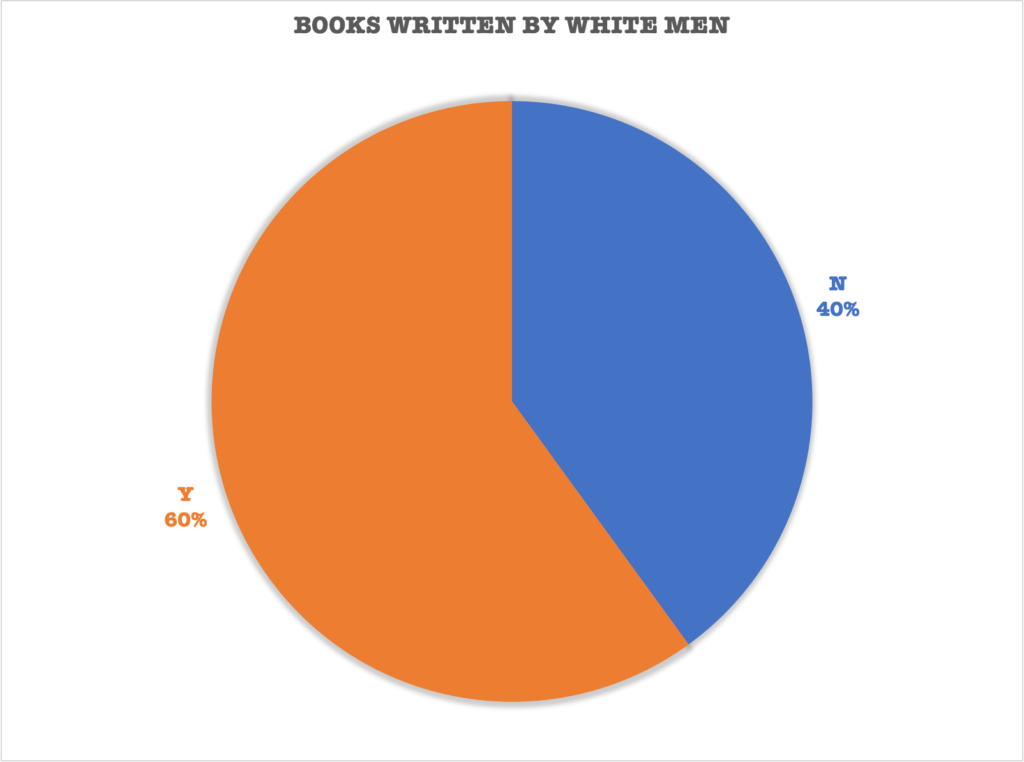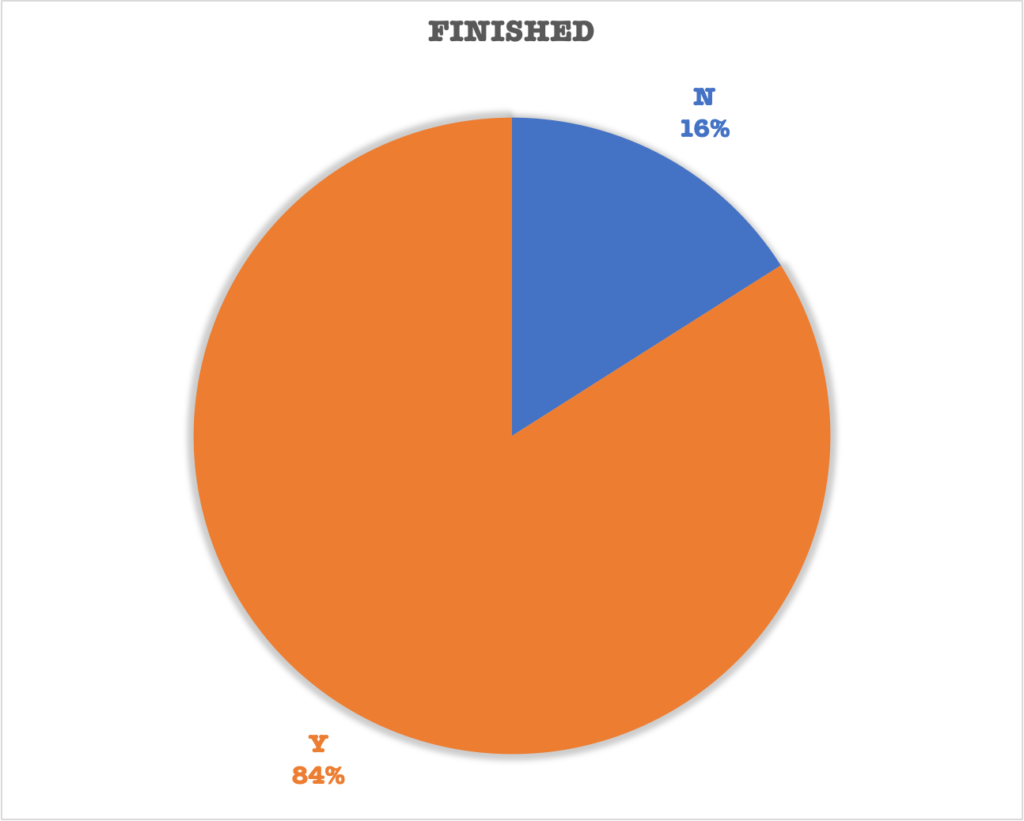I’m delighted to say that I’ve recently signed a contract with Dreamforge for my short story “Empty Nest”. The story will feature in their 2024 double-issue on “uplift“. What’s it about? Androids, genetic engineering and cuttlefish. Sort of.
I enjoyed writing this story more than most, and I’m proud to see it find a home with a great publisher. I’ll provide an update when the story becomes available.
